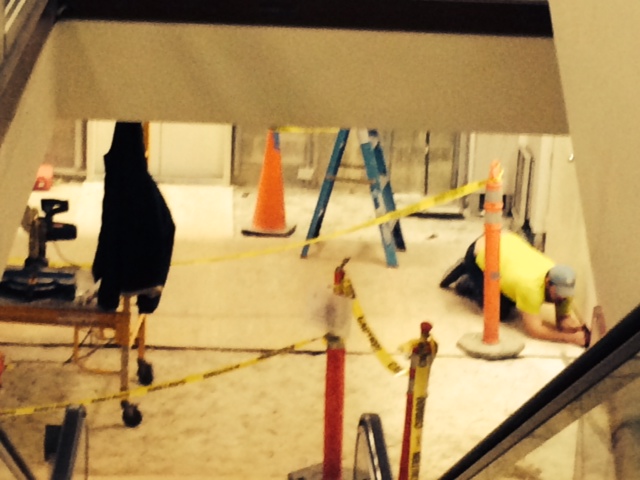
Injured at Work? You Need More than the Fall and the Injury for a Viable Workers’ Comp Claim

Because Virginia Workers’ Compensation (WC) laws require some increased risk arising out of employment, when an employee twists an ankle, among the early questions that must be asked are (1) whether or not the worker was carrying anything; and (2) whether or not the surface was in any way uneven or “disturbed”.
If the injured worker was carrying something of any substance, the weight of the load may have caused or contributed to his or her fall. If the disabled employee fell because of an uneven surface, slippery substance, or poor lighting, the claim may be found to be “compensable.”
However, just because someone falls while walking on his or her employer’s premises, injuring a cruciate ligament (an “x” shaped pair of ligaments found in the knee and other joints) or breaking an ankle, this in and of itself is insufficient for the Virginia Workers’ Compensation Commission to rule that the event should be covered by the employer’s workers’ comp insurer.
“There must be something more than just the fall and the injury to win a Virginia workers compensation claim,” notes national speaker and trial lawyer Doug Landau of the Herndon law firm ABRAMS LANDAU, Ltd..
The increased risk posed by, for example, a tripping hazard on the floor or some building code violation may be sufficient to enable a disabled person to prevail in a claim.
Because of this unique requirement under Virginia workers’ compensation law that differs from even the neighboring states of Maryland, West Virginia and the District of Columbia, it is imperative that an injured worker contact an experienced comp lawyer, especially before giving any taped or written statements that could prove lethal to a WC claim. There are also strict time deadlines under the Virginia Workers’ Compensation Act.
If you or someone you know has been injured on the job and there are questions about which workers’ comp laws apply, email or call Abrams Landau, Ltd. at once (703-796-9555).
